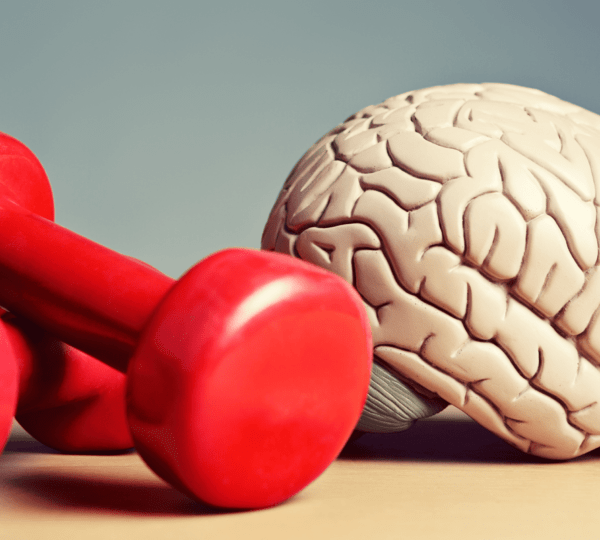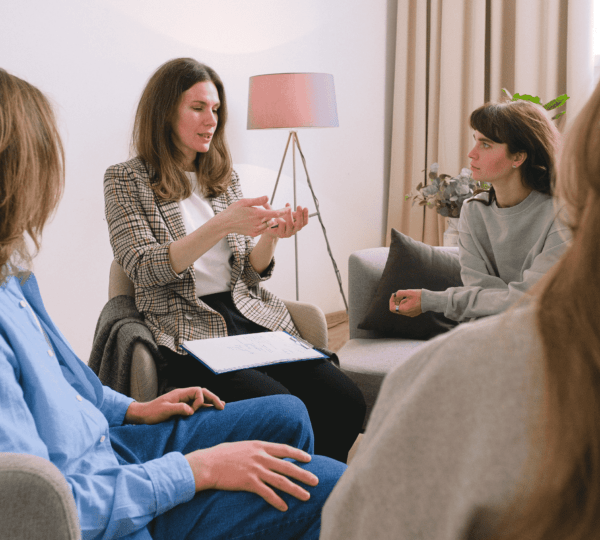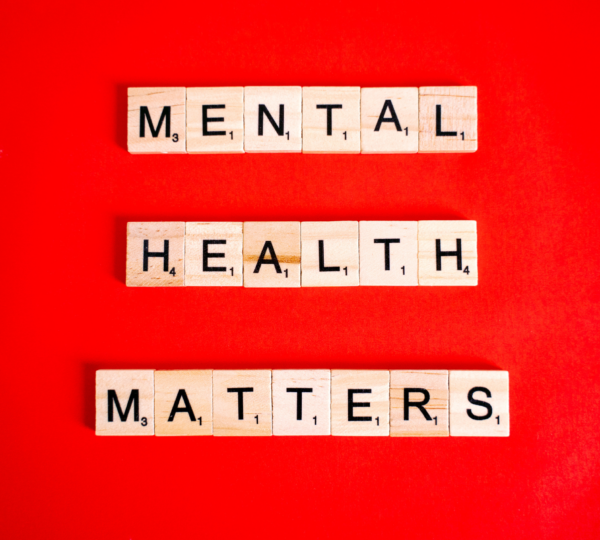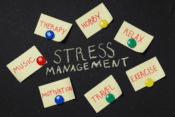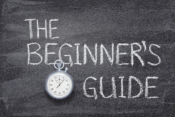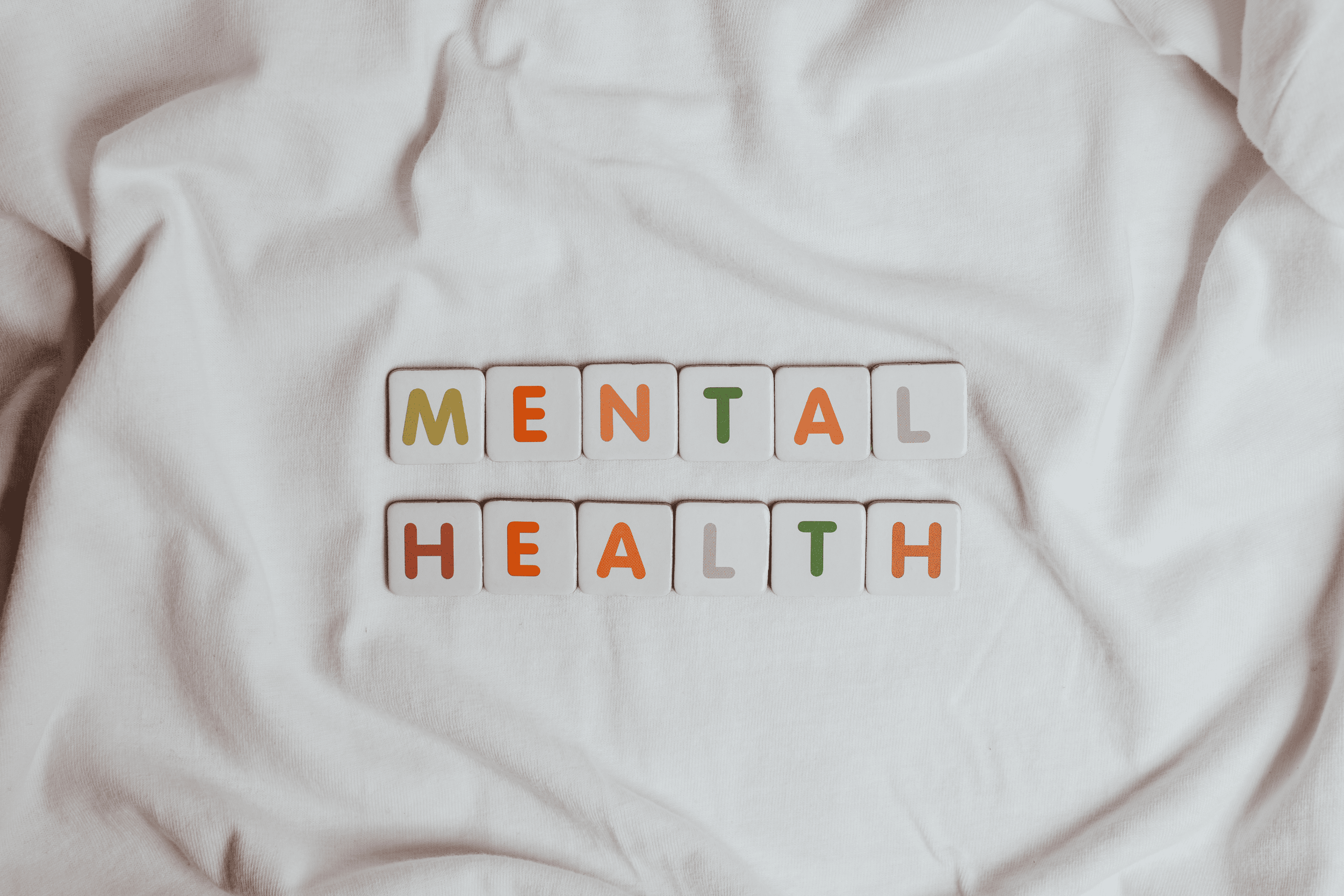
10 Simple Ways to Improve Your Mental Health This Year
Maintaining good mental health has become increasingly crucial in today’s fast-paced world. According to a 2023 study published in the *Journal of Mental Health Research*, nearly 70% of adults report feeling stressed or overwhelmed at least once a week. With growing awareness about mental well-being, experts emphasize adopting simple yet effective strategies to enhance mental health. Popular mental health blogs like *Psychology Today* and *Mindful.org* frequently highlight that small, consistent actions can lead to significant improvements in emotional resilience and overall happiness.
If you’re looking to make your mental health a priority this year, here are ten practical and research-backed ways to boost your well-being.
- Prioritize Regular Exercise
Numerous studies have confirmed the positive effects of exercise on mental health. Physical activity releases endorphins, also known as “feel-good hormones,” which can significantly reduce symptoms of anxiety and depression. According to the *American Psychological Association*, even 30 minutes of moderate exercise, such as walking, can improve mood and reduce stress.
To make exercise part of your routine:
– Choose activities you enjoy, like dancing, cycling, or yoga.
– Set achievable goals, such as three 30-minute sessions per week.
- Practice Mindfulness and Meditation
Mindfulness and meditation help reduce stress and enhance focus. Research from *Harvard Medical School* shows that mindfulness practices can lower cortisol levels, the hormone associated with stress. Apps like Headspace and Calm offer guided sessions to help you get started.
Begin with:
– Five minutes of deep breathing exercises daily.
– Gratitude journaling to focus on positive aspects of your life.
- Maintain a Balanced Diet
Your diet significantly impacts your mental health. Nutritional psychiatry experts, like Dr. Uma Naidoo, emphasize the gut-brain connection, stating that foods rich in omega-3 fatty acids, antioxidants, and fiber can enhance mood and cognitive function.
Incorporate these into your meals:
– Fatty fish like salmon and mackerel.
– Leafy greens, nuts, and seeds.
– Probiotic-rich foods such as yogurt and kimchi.
- Get Quality Sleep
Sleep is vital for emotional regulation and mental clarity. The *National Sleep Foundation* recommends 7-9 hours of sleep for adults. Poor sleep hygiene can exacerbate anxiety, depression, and irritability.
Tips for better sleep:
– Maintain a consistent bedtime routine.
– Limit screen time an hour before bed.
– Create a calming environment with dim lighting and comfortable bedding.
- Connect with Others
Human connection is a fundamental need. Building strong relationships provides emotional support and reduces feelings of loneliness. According to a 2022 study in the *Journal of Social Psychology*, individuals with robust social networks report higher levels of happiness and lower levels of stress.
Ways to strengthen connections:
– Schedule regular catch-ups with friends and family.
– Join community groups or volunteer for causes you care about.
- Limit Social Media Use
Excessive social media consumption has been linked to increased feelings of anxiety, inadequacy, and depression. A *Pew Research Center* report from 2023 highlighted that 64% of users felt social media negatively impacted their mental health.
Reduce screen time by:
– Setting daily usage limits on apps.
– Engaging in offline activities like reading or gardening.
- Seek Professional Help When Needed
Sometimes, self-help strategies aren’t enough. Consulting a mental health professional can provide tailored guidance and support. Cognitive Behavioral Therapy (CBT), for instance, is highly effective in treating anxiety and depression.
Steps to take:
– Reach out to licensed therapists through platforms like BetterHelp or Talkspace.
– Research local mental health services and hotlines.
- Engage in Creative Activities
Creative expression can be therapeutic. Activities like painting, writing, or playing music allow you to process emotions and reduce stress. A 2023 report in *Art Therapy Today* found that individuals who engaged in creative hobbies experienced a 25% reduction in anxiety levels.
Ideas to explore:
– Start a DIY project or craft.
– Enroll in a local art or writing workshop.
- Spend Time in Nature
Nature has a calming effect on the mind. Ecotherapy, also known as nature therapy, has been proven to reduce stress and improve mood. According to *Environmental Psychology*, spending just 20 minutes in a park can lower cortisol levels.
Try these activities:
– Take a daily walk in a green space.
– Plan weekend hikes or outdoor picnics.
- Set Realistic Goals and Celebrate Achievements
Setting achievable goals boosts self-esteem and motivation. Celebrating small wins can provide a sense of accomplishment, which is crucial for mental well-being. Dr. Martin Seligman, a pioneer in positive psychology, emphasizes the importance of recognizing progress to build resilience.
How to implement:
– Break larger goals into smaller, manageable steps.
– Reward yourself for milestones, such as completing a challenging task or sticking to a routine.
Conclusion
Improving your mental health doesn’t require drastic changes. By incorporating these simple strategies into your daily routine, you can cultivate a healthier, more balanced life. Remember, mental health is a journey, and seeking support when needed is a sign of strength, not weakness. As leading blogs like *Verywell Mind* often state, “Small steps lead to significant progress.”
References
- “The Impact of Exercise on Mental Health,” *American Psychological Association*, 2023.
- “Mindfulness Meditation and Stress Reduction,” *Harvard Medical School*, 2023.
- Naidoo, Uma, “The Gut-Brain Connection,” *Nutritional Psychiatry Insights*, 2023.
- “Sleep Hygiene and Mental Health,” *National Sleep Foundation*, 2023.
- “Social Networks and Happiness,” *Journal of Social Psychology*, 2022.
- “Social Media and Mental Health,” *Pew Research Center*, 2023.
- “Art Therapy and Anxiety Reduction,” *Art Therapy Today*, 2023.
- “Nature and Stress Reduction,” *Environmental Psychology*, 2023.

